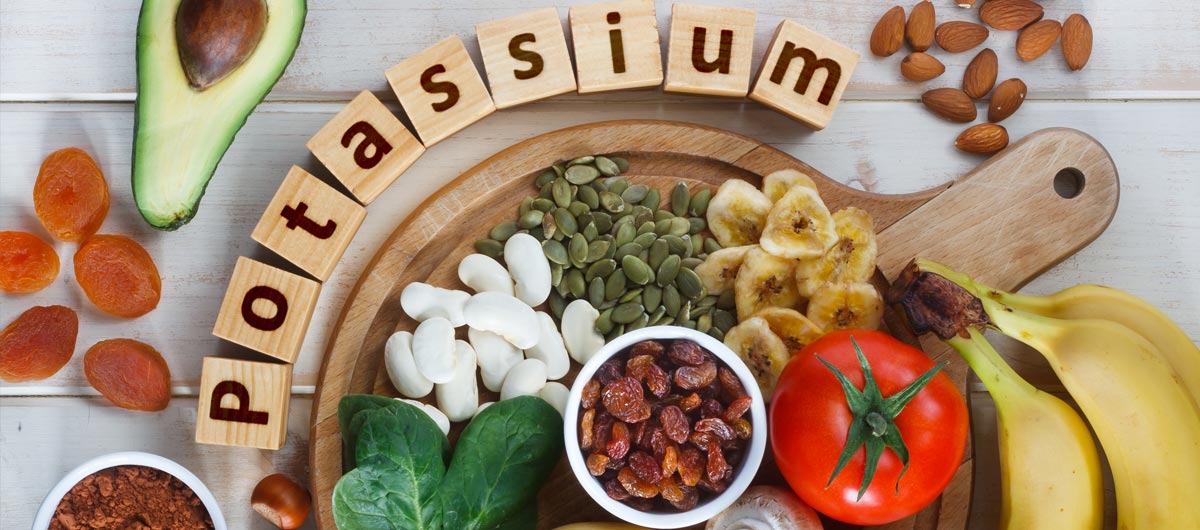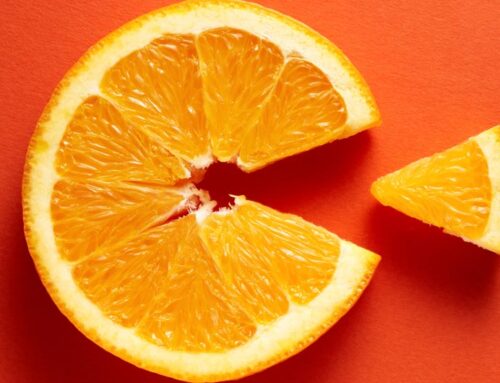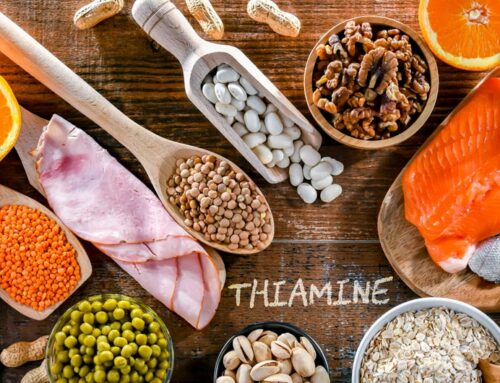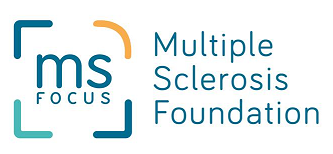The Power of Potassium
Potassium is an essential mineral. Our heart, kidneys, lungs and other organs need it to work optimally. The balance of this mineral is regulated by the kidneys.
Potassium is responsible for:
- Keeping your heartbeat regular
- Moving nutrients into the cells while drawing out waste.
- It helps to counteract the effects of sodium on your blood pressure.
Did you know that potassium is an electrolyte?
Electrolytes are important because they help control your fluid levels, nerve and muscle activity, which is crucial for us MSers, and they help to keep the body’s pH levels in check. If you eat healthfully you should be getting enough. Low potassium levels are linked to higher risk of certain health issues.
Getting enough means you are less likely to experience:
- High blood pressure and stroke. The risk of these increase if you combine low potassium with high sodium in your diet.
- Kidney stones is another symptom resulting from lack of potassium because it leeches calcium from your bones and increases its level in urine, causing painful kidney stones. Increasing your potassium levels if you’re not getting enough may minimize that risk.
- Weak bones, caused by calcium depletion.
- Type 2 diabetes, as low potassium levels cause low blood sugar levels. This could increase the risk of insulin resistance.
- Getting enough could also minimize your risk of arthritis, may help ease joint pain and improve rheumatoid arthritis.
- Low levels of potassium are linked to cancer. Ensuring your levels are good may help lower that risk.
- Infertility in both men and women can be due to low potassium. For men, an electrolyte imbalance may mean lower sperm count, while for women low levels affects the fluid around the egg, which can block fertilization and affect growth rate.
Risk of deficiency increases if you:
- Use certain medications, like diuretics
- Have a job that is physically demanding
- Sweat excessively
- Have Digestive issues, such as Crohns Disease
- Smoke
- Abuse alcohol or drugs
- Experience diarrhea and vomiting
- Take certain antibiotics
Although deficiency is rare, and there is really no RDI (Recommended Daily Intake), the FDA has determined that foods should contain at least 350mg of potassium and 140mg or less of sodium to be considered a good source.
Adequate Intake (AI)
CHILDREN
- 0-6 months — 400 milligrams/day
- 7-12 months — 860 milligrams/day
- 1-3 years — 2,000 milligrams/day
- 4-8 years — 2,300 milligrams/day
- 9-13 years — 2,500 milligrams/day
- 14 years and up — 2,300 milligrams/day
ADULTS
- 18 years and up — 3,400 milligrams/day
- People who are pregnant — 2,600-2,900 milligrams/day
- People who are breastfeeding — 2,500-2,800 milligrams/day
Potassium rich foods:
- Bananas
- Avacadoes
- Peanuts and tree nuts
- Citrus fruits
- Green, leafy vegetables
- Potatoes
While there is no RDI, talking to your Healthcare provider is essential to make sure you are getting the proper amount of this important nutrient.
While deficiency is rare, it can be dangerous in high doses, causing the following:
- Stomach upset
- Allergic reaction
- Muscle weakness or paralysis
- Cardiac conduction abnormalities
- Cardiac arrhythmias
Do not take potassium supplements without first talking to your doctor, especially if you have kidney disease, diabetes, heart disease, Addison’s disease, stomach ulcers, or other health issues. You should also avoid them if you take certain medications, such as angiotensin-converting enzyme (ACE) inhibitors, potassium-sparing diuretics, or a trimethoprim-sulfamethoxazole antibiotic (Bactrim, Septra).
Reference: https://www.webmd.com/diet/supplement-guide-potassium







Leave A Comment